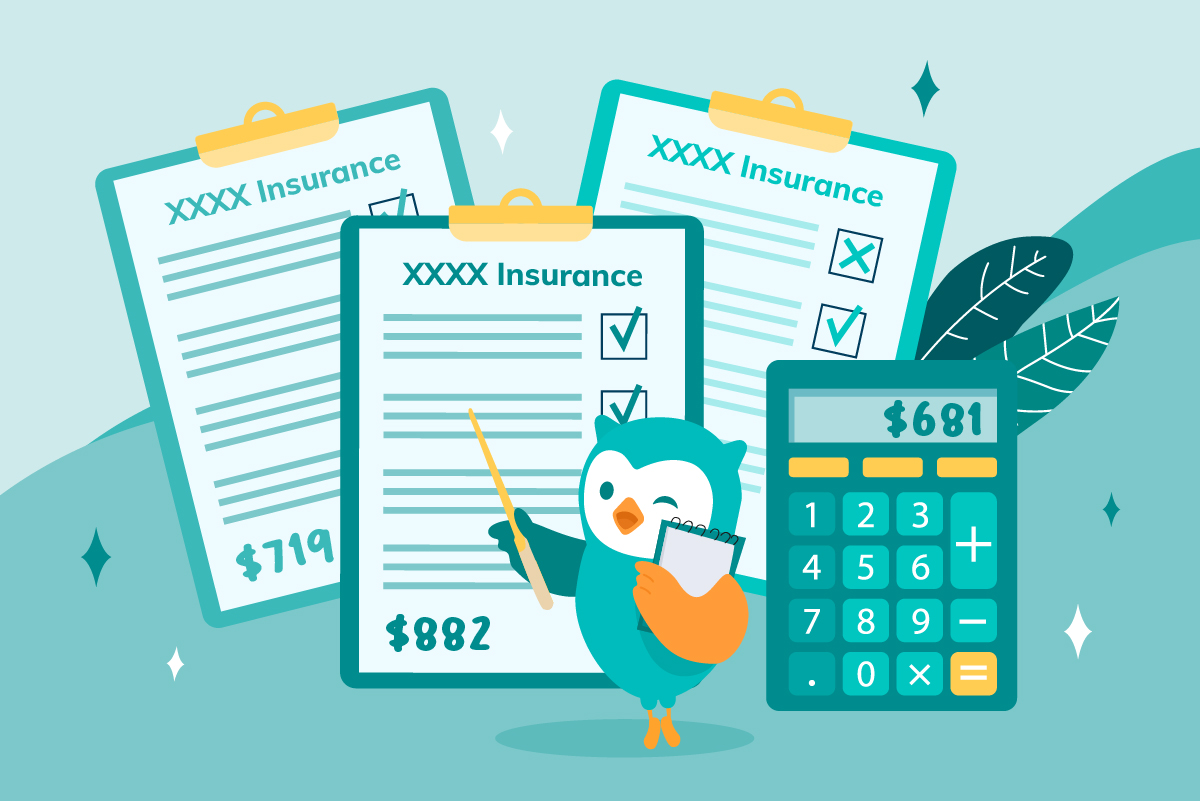Note: It was announced in November 2023 that MoneyOwl will be acquired by Temasek Trust to serve communities under a re-purposed model, and will move away from direct sale of financial products. The article is retained with original information relevant as at the date of the article only, and any mention of products or promotions is retained for reference purposes only.
______________
To say that the stock markets have been volatile against the evolving global COVID-19 situation is an understatement.
As of that is not enough, the failure of OPEC talks over the weekend of 7-8 March and subsequent oil price drops have added fuel to fire (pun intended). Moves of more than 4% in the S&P500 within a day or two up or down have happened quite a few times in the past two weeks.
On Friday 6 March, we saw another drop which brought the index again down to 12% from peak.
- Bond yields also touched fresh lows, in Asian trading today
- The US 10-year yield below 0.5%, reflecting the fear in the markets causing a flight to safety
- Hedge fund managers and speculators are also knocking the US stock market futures down
What Should We Do?
In such turbulent markets, how should we think about risks? When the index last reached this level just over a week ago, you would recall that we had suggested putting some of your dry powder to work, while continuing to invest regularly. You might get another such call from your adviser again — but when we call, it is not because we are timing a bottom. We do not change the way we invest for the long term (and all our clients have multiple years ahead) because of short term of a week, a month or even a year or two.
“Dry powder investing“ is a booster to your main plan, which you should stick to through the ups and downs. You are not a hedge fund which is leveraged for which the risk of predicting wrongly is the risk of being wiped off such that it needs to panic-sell positions (and then cover it such euphemisms as “nimbleness” or “agility”).
The reason we say this is that it is actually a less risky move for investors with a sufficient time horizon to average down or buy more than to sell.
A Roller-Coaster Ride
My colleague, Christopher Tan, Executive Director of MoneyOwl/CEO of Providend (our associate company) and a veteran adviser, likes to tell the parable of a fictitious roller-coaster that has a “stop” button for riders to stop the ride and unstrap themselves. The stock market is like a roller coaster. At points, there will be fast and furious plunges as well as run-ups. But if you understand the engineering and the physics of centrifugal force, among other things, plus the fact that you are strapped in, you know you will successfully complete the ride. The worst thing you can then do is to slam on that “stop” button because you will fall right out and be seriously injured, or worse.
So it is for investing in markets. If you move out now, you not only realise losses but you set up a psychological barrier to coming back in. And we know that missing just a few of the best performing days (many fund managers missed months in 2009) can jeopardise your long-term returns and thus risk your life goals for which you are saving. As counter-intuitive as it feels, you put less at jeopardy when you stay strapped in, average down and then ride up when the market is ready, to capture the market return which you know will come because stock markets always go up in the long term. Thus this is the less risky move: it was so during the Asian Financial Crisis, it was so during dot-com and it was so in the Global Financial Crisis of 2008-2009: so if you think what is happening now is going to be as bad as then, this is what you should do.
Focus On Your Goals
When we invest for ourselves, unlike fund managers, we do not measure our success by a one-year paper performance. We are also not leveraged hedge fund managers or short-term traders whose jobs depend on taking the right bets as soon as possible. These may be smart people but sometimes, the wise thing is not to follow what clever people do. You don’t have to follow the actions they take to manage their career risks because their numbers are not your goals. Your goals are life goals for your loved ones and yourselves. Don’t turn a temporary paper loss into permanent damage to your goals. Don’t risk your nest egg.
Announcement: With effect from 1 June 2022, MoneyOwl is a 100% NTUC Enterprise (NE)-owned company.




